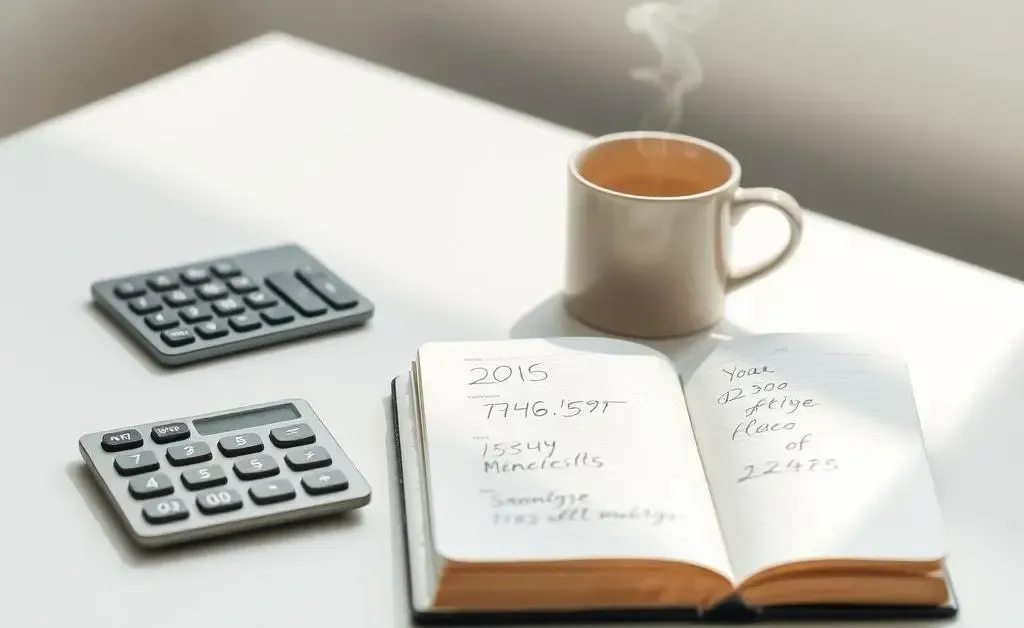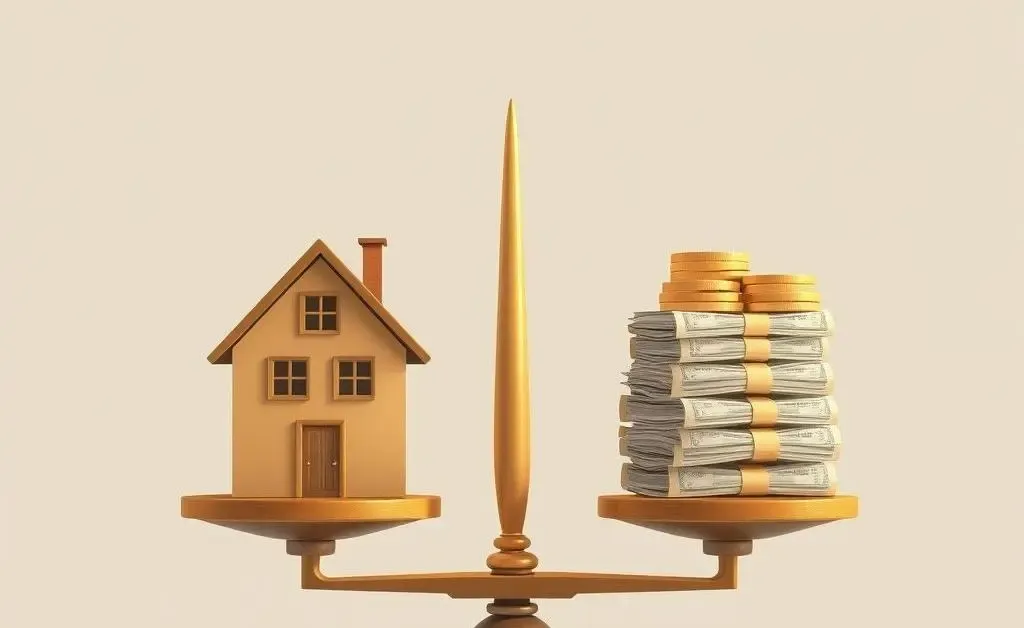Can You Afford That Dream Home? Here's How to Know
Discover essential tips for buying a house without financial strain. Learn the key factors to consider before making the big move.

Buying a home is a huge milestone, but knowing if you're financially ready can often feel like solving a complex puzzle. If you're wondering, "Can I really afford this?" you're not alone. Let's explore steps to take before diving into homeownership to ensure it's truly a dream come true, not a financial nightmare.
Assess Your Financial Readiness
Before searching for that perfect abode, assess whether your finances are stable enough. Consider these key factors:
- Emergency Fund: Ensure you have three to six months of living expenses saved. This cushion helps avoid dipping into savings meant for your home purchase.
- Debt-to-Income Ratio: Lenders look at this closely. A lower ratio can qualify you for better rates. Aim to keep it below 36%, including your potential mortgage payment.
- Savings Beyond the Down Payment: Having savings beyond your down payment for closing costs and moving expenses is crucial. These can add up faster than you think.

Understand the True Cost of Homeownership
Owning a home involves more than monthly mortgage payments. Here's a breakdown of additional expenses:
- Property Taxes: These can vary widely by location and should be factored into your budget.
- Insurance: Homeowners insurance is a non-negotiable part of being a homeowner.
- Maintenance Costs: It's wise to set aside 1% of your home's purchase price annually for upkeep.
- Utility Bills: Your new home might have higher utility costs than you're used to, so plan accordingly.

Consider Future Financial Plans
While it’s tempting to max out your budget for a dream home, it’s essential to leave room for future financial goals. Think about potential salary changes, family planning, and retirement savings.
Should You Rent or Buy?
Embrace the possibility that renting might still be the better option for your financial situation. Renting can offer flexibility and lower upfront costs, allowing you to strengthen your financial position over time.

Conclusion
In the end, making an informed, well-thought-out decision is the best way to achieve your dream of homeownership without financial strain. Reflect on your current state, future goals, and whether your dream home fits into that vision. Are you ready to make your move?
What considerations were most important to you when deciding whether to buy a home?




